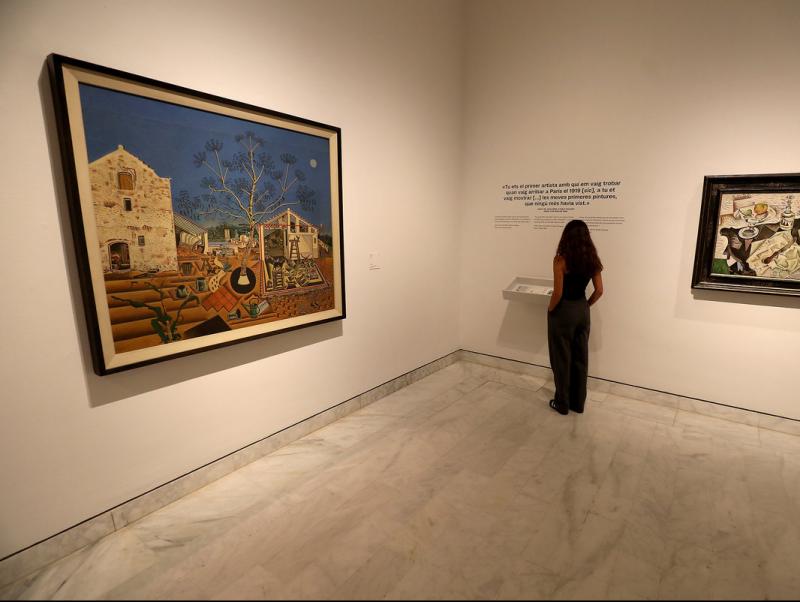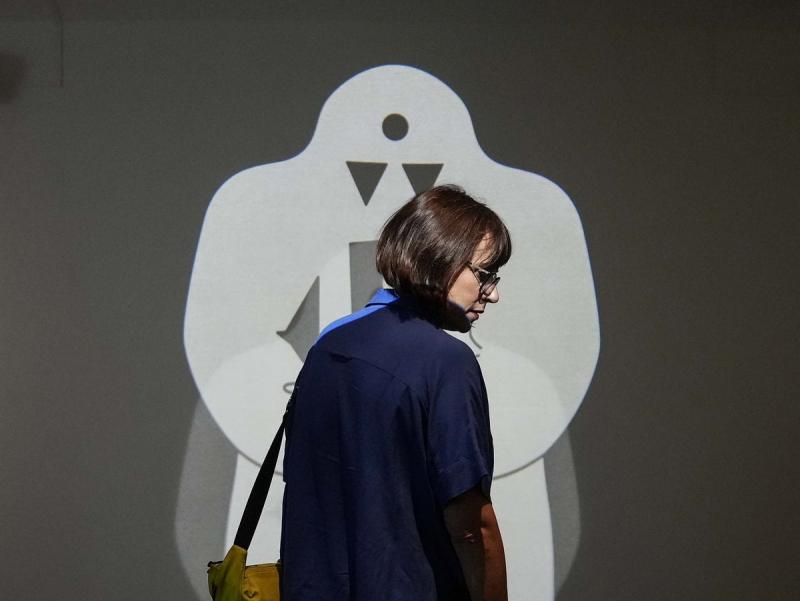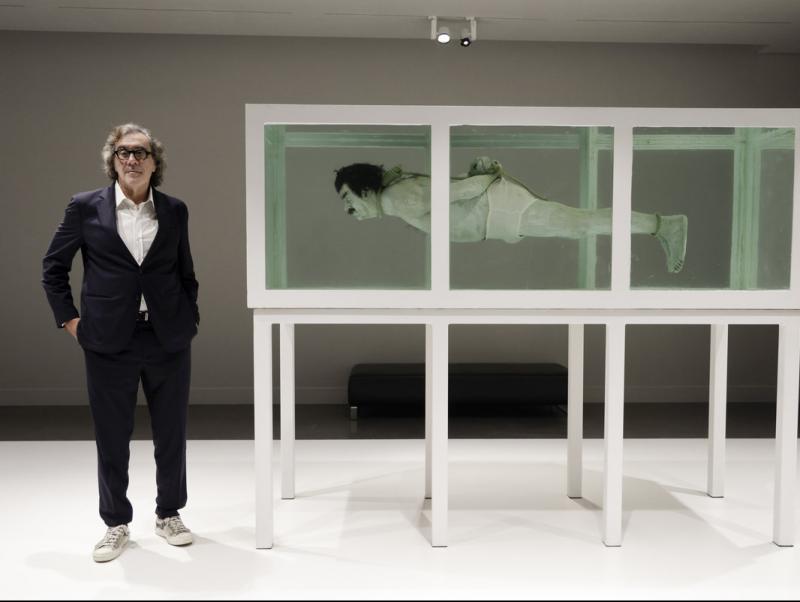Features
ELVIRA DYANGANI
Macba director
“We must help people make the museum their own”
“I’d like the museum to be free to enter when my time ends. That would be a way of making it radically public”
Barcelona’s Museum of Contemporary Art , or Macba, started 2023 strongly with a programme of innovative projects, including Preludi. Intenció poètica (Prelude. Poetic intention) conceived of as a prelude to the new permanent exhibition of the Macba Collection. The exhibition brings together the works of over a hundred creators that the Macba has acquired in recent years. Aside from the exhibitions, public events and workshops, one of Macba’s priorities this season is to forge links with its surroundings and help foster and strengthen the city’s social fabric.
How do you intend to make Macba a more integrative and accessible space?
I was appointed in 2021 with a democratic, open and accessible project to make a city, state and international museum that would also be a neighbourhood museum. It’s very important to open up more spaces to the public to foster greater porosity between the local community and surroundings and the interior of the museum. We want to create more areas for joint living, for example, reading areas or even a collective garden.
You’ve said that you want a relationship of “co-responsibility” with the public. What does that consist of?
Today, museums should be permeable structures that learn from the public while offering their professional knowledge. Our public function is to look after heritage and disseminate expertise, but we must also be in tune with what society asks of us. The public also has a responsibility to let the museum know what its needs are. And when I say public, I understand that as a plural notion, that there’s a multiplicity of publics. I think a lot about the role of libraries, which are places dedicated to the dissemination of culture that users have appropriated for themselves.
Is this a new and crucial function of museums today?
Added to the idea of a museum as a place that collects, preserves, studies and archives, is the idea of appropriating the museum, of making it our own. I want people to feel Macba is theirs, because it is.
It seems there are more curators and fewer art critics these days.
The chance to work directly with the artists and be close to the work is a great asset. The Poetic Intention exhibition is very much about curation. For example, when we swap some artworks for others, we sometimes let people witness the process of changing them. We want to make the change visible to the public, which, apart from being an operational change, for reasons of conservation, promotes a conceptual change.
What challenges have you faced as director and what would you like Macba to be like when you leave it?
I would like the museum to be free to enter when my time at Macba ends. That would be a way of making it radically public. We will now change certain entrance fees with the aim of allowing more people to gradually appropriate it and make it feel that it is theirs. I would like the museum to become more permeable. It’s very difficult for the museum to be fully democratic but it should try to be a democratic space: a place where you can meet people you recognise as your own, but also people you did not expect to meet there. For years, some museums have not counted the number of visitors, only the number of visits. For me, it is not only important that people come to the museum but that they return. And their returning will mean that there’s something that attracts them beyond the interest in specific exhibitions and activities. It will be something that has to do with the museum itself as a place that they feel is theirs, that they see as a home.
Interview Art
Related news
Leave a comment
Sign in.
Sign in if you are already a verified reader.
I want to become verified reader.
To leave comments on the website you must be a verified reader.
Note: To leave comments on the website you must be a verified reader and accept the conditions of use.




